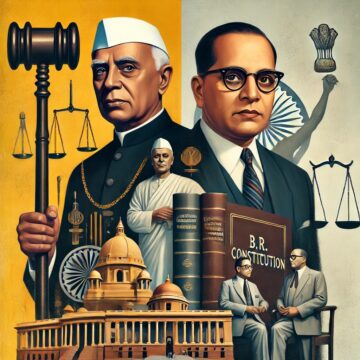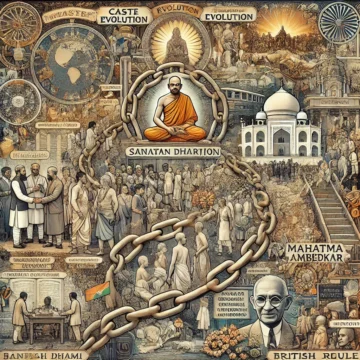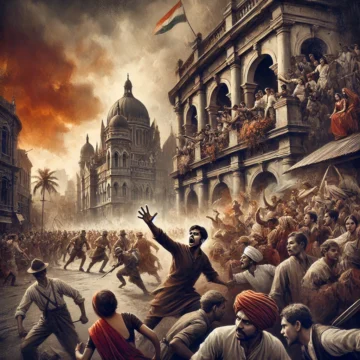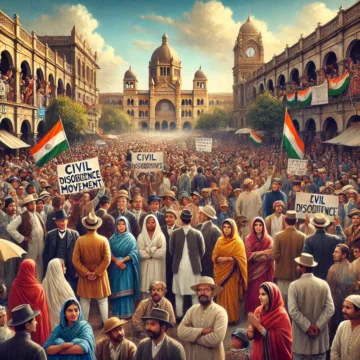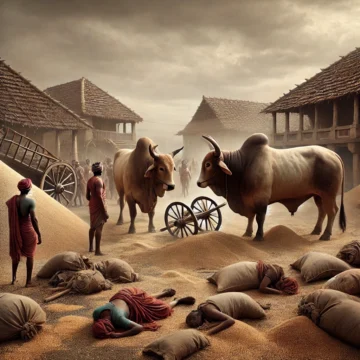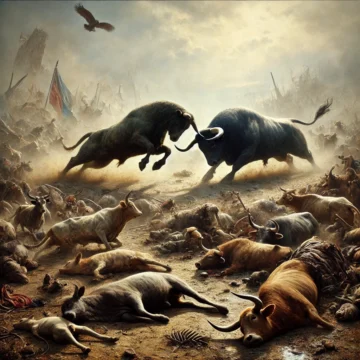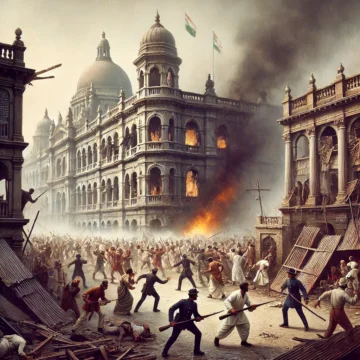Ambedkar's Buddhist Political Move was not merely a spiritual choice but a profound critique of Hindu caste inequalities. Influenced by his differences with Gandhi and frustrations with Nehru's policies, this move marked a strategic realignment towards more assertive Dalit activism, fundamentally challenging both traditional Hindu structures and contemporary political frameworks.
Tag: Gandhi
Poona Pact: Colonial Legacies and Enduring Divisions in Hindu Society
The Poona Pact of 1932, brokered amidst India's freedom struggle, was a crucial agreement between Gandhi and Ambedkar under British colonial influence. It aimed to preserve Hindu unity while addressing caste disparities, setting a stage for future social reforms and the ongoing discourse on affirmative action and equality in modern India.
Sanatan Dharma and Caste Evolution: Navigating the Pros and Cons
Explore the intricate layers of caste evolution within Sanatan Dharma through historical periods like the Mughal era and British colonial rule. Witness how figures like Mahatma Gandhi and B.R. Ambedkar shaped the modern perceptions and roles within the caste system, and delve into the ongoing debates over nepotism and caste-based privileges.
Direct Action Day 1946 and Partition of India
Direct Action Day on August 16, 1946, profoundly reshaped the trajectory of India's independence, leading to Partition. The events, intended as peaceful, were marked by orchestrated violence against Hindus, exposing deep religious divides. This pivotal day set the course for creating Pakistan, igniting lasting impacts on regional and global stability.
India’s Freedom Struggle and Quit India Movement-II
Dive into the pivotal Civil Disobedience Movement of the 1930s in our comprehensive analysis. This segment examines the strategic shifts and public uprisings that challenged British colonial policies under Gandhi's controversial leadership, setting the stage for a more intensified push towards Indian independence.
World War I and Devastation of Bharat II K
World War I left an indelible mark on Bharat, shaping its future struggle for independence. From the massive human and economic contributions to the psychological trauma endured by returning soldiers, the war accelerated nationalist movements and exposed the contradictions of British colonial rule. The aftermath of the war saw the rise of mass mobilizations and the eventual decolonization of Bharat.
World War I and Devastation of Bharat I K
World War I profoundly impacted Bharat, catalyzing a political awakening and fueling nationalist sentiment. The war's socio-economic strains exacerbated tensions, leading to widespread unrest and laying the groundwork for future resistance movements. Leaders like Mahatma Gandhi, initially supportive of the British war effort, shifted toward advocating for direct action against colonial rule, setting the stage for Bharat’s independence.
Riots in India Analyzed through Calcutta riots 1926
The Calcutta Riots of 1926 stand as a grim testament to the severe communal discord during the British Raj. Sparked on 15th July, these riots resulted in over a hundred deaths and countless injuries, deeply scarring the socio-political fabric of Calcutta. This blog delves into the historical context, key events, and long-lasting impacts of this dark chapter in India's history.


